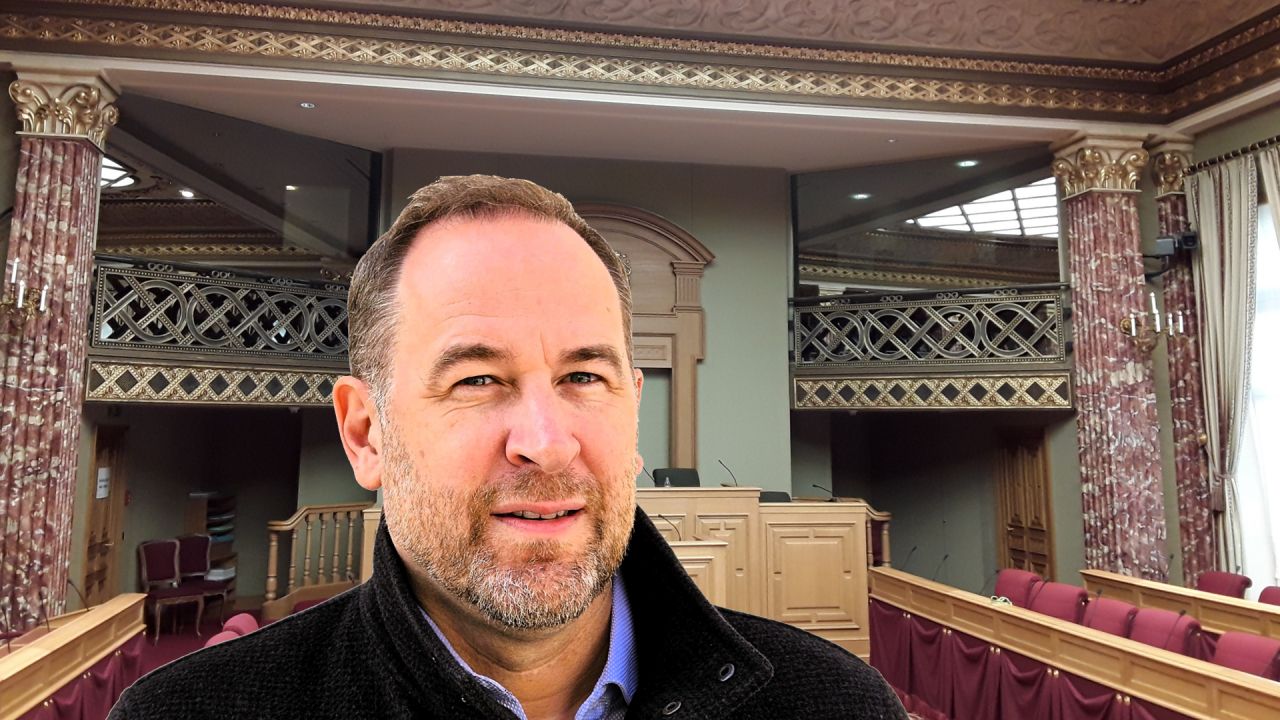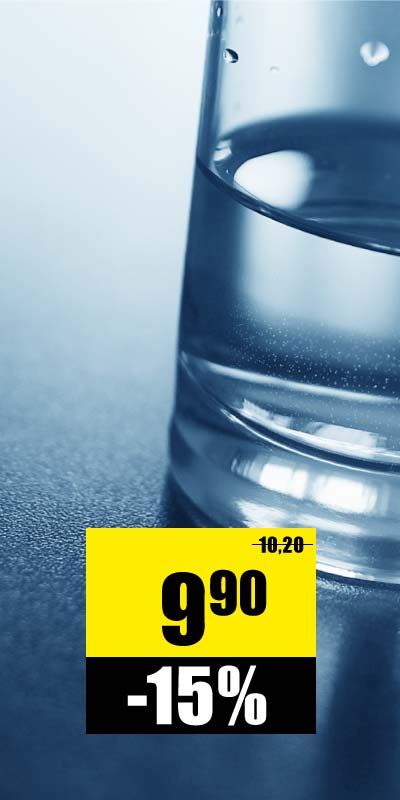NEWS - How media policy is left to ADR
Painful, even more painful, extremely painful

Tom Weidig. Photo: GilPe (CC BY-SA 4.0) | Hannergrond: GilPe (CC BY-SA 3.0)
The Chamber has given the ADR a big gift. And the ADR is obviously ready to accept it too.
In the end, one wonders how it could have come to this. How was trust in the media lost? How was a right-wing discourse able to prevail in media criticism? Documentation of a misdevelopment in three stages.
Decades of missed opportunities
Penibel: For decades, at least since the 1980s, the idea of introducing a real public media outlet in Luxembourg has been on the table. But instead of providing the population with TV and radio free from commercial interests, politics has repeatedly chosen to do favors to the largest media group in Europe. And finally, it was decided to let millions of tax dollars flow to Bertelsmann. The currently valid financing law for RTL was passed in the Chamber with the votes of the then majority of DP, LSAP and the Greens, but also with the votes of CSV, ADR and Piraten. The Left abstained, no one voted against.
The idea of the visionary Robert Krieps (LSAP) of an alternative to RTL was politically opposed from the beginning, as journalist Pia Oppel impressively describes in her 2019 article „Was keiner hören sollte“ for the Land. Ultimately, the ideas of the DP and CSV always prevailed. As part of the majority, both the LSAP and the Greens kept their mouths shut. The pirates under Sven Clement briefly tried to get the insights and contracts they had until then, but the transparency offensive was over. LSAP, the Greens and the Left still have the alternative to RTL on their agenda, but they clearly have no strength or interest in putting this issue on the priority list.
Media criticism only from the ADR?
Even more painful: After the site RTL1.lu has been trying to launch a discussion around RTL’s position in the country since January 1st, the first political impulse comes from the far-right ADR. The ADR candidate for the 2023 parliamentary elections and treasurer of the ADR North section Carlo Kirsch has called for the „cancellation of the agreement between the state and the CLT-UFA“ and the „withdrawal of all state subsidies to RTL“ in a petition. Other ADR members such as Alex Rasquin and the ADR parliamentary candidate Krystyna Gawlik are among those who first signed. Are people from the second row of the ADR trying to hijack an important discussion and make political capital out of the revelations about RTL?
It is true that the ADR, especially its ex-MP and former media policy spokesman Roy Reding, has been particularly critical of and questioned the state support for RTL. However, never with the desire to create a public-law alternative, but out of a hard-nosed, neoliberal logic: The area of the media should be left completely to the market. Roy Reding is no longer in the ADR, and this party has now shifted even further to the right. The ADR is now copying the AfD even more when it comes to „mainstream media“. In last year’s ADR election program, one finds the great conspiracy theory of interest-driven equalization with regard to media policy: „We see no basis in public, international law for a right to migration and reject controlled influence on the media, which always present migration positively“ (ADR National Elections 2023 election program, p.252) - the thinkers are now Fernand Kartheiser, Fred Keup and Tom Weidig.
Tom Weidig is in charge of monitoring RTL for the parliament
Very meticulous: In order to monitor compliance with the contractual rules between the Luxembourg state and RTL Luxembourg, there is a so-called „Monitoring Commission“, which always includes a member of the Chamber of Deputies. Not only finances, but also compliance with ethical rules and content requirements should be checked here, at least in theory. Until the elections, Djuna Bernard of the Greens represented the parliament here. Now it is Tom Weidig of the ADR. Once again. The far-right ADR member Tom Weidig, for whom the „greatest danger to democracy“ is the number of journalists with „left“ attitudes in the media, is now the official representative of the Luxembourg Parliament to control the country’s largest media outlet.
Recent scandals, such as the threats by Tom Weidig towards a cartoonist, have thus been exposed as hypocritical. The Chamber would consider a „code of ethics“ after Tom Weidig’s derailments, said Chamber President Claude Wiseler on behalf of the Conférence des Présidents after a conversation with Tom Weidig about the cartoon affair. It is precisely this Conference of Présidents that, less than 3 months earlier, unanimously proposed Tom Weidig as the only representative of Parliament on the RTL Monitoring Commission. The Chamber then unanimously elected Tom Weidig to this position. Unanimously.

















